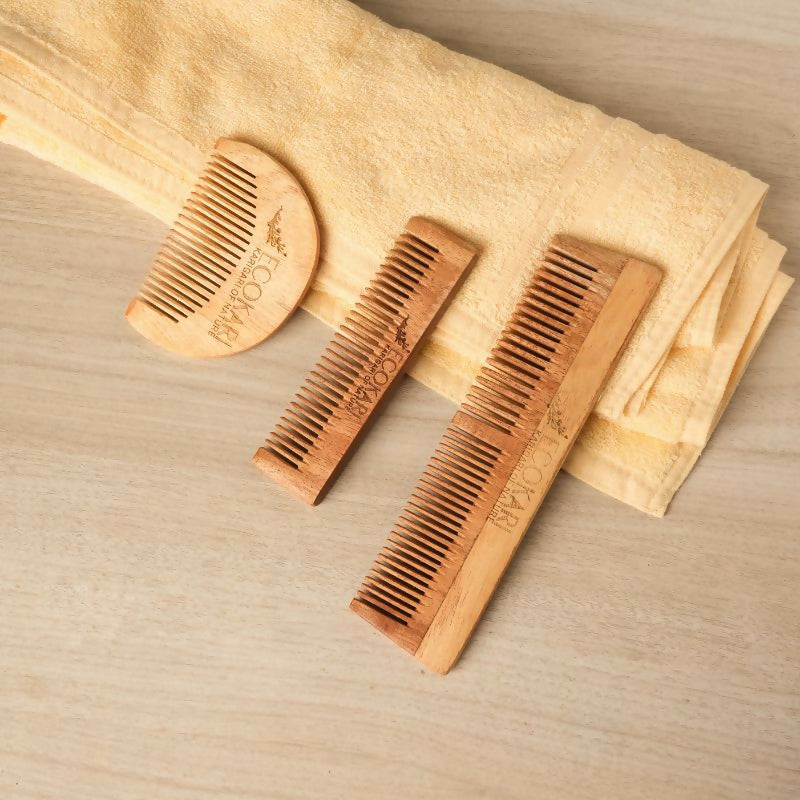Théla - a plastic upcycling initiative
Fact: Annually approximately 500 billion plastic bags are used worldwide. More than one million bags are used every minute.
As a material, plastic remains in the environment for anything from 10 to 10,000 years. Hence, breaking down into micro plastics that contaminate our soil, plants and the food we eat.
Diti Kolecha, founder of brand Théla, grew up in India where single use plastic was never a part of the every day life during her growing up years. As she grew, she witnessed the growth of consumerism and plastic consumption, provoking her to study the harmful effects of plastic on the environment.
Having studied design, she decided to extend her love for design to solve the problem of plastic waste by creatively using discarded plastic bags to make them into fashionable, lifestyle products.
Hence, Théla was born. Her vision is not only to reduce the amount of plastic that ends up in the landfills and oceans but also to increase awareness about its’ impact and alternatives.
The brand does this through two of their initiatives -
Plastic Weaving Initiative -
Théla's plastic weaving initiative uses discarded plastic bags to create woven textiles that are hand-made in Gujarat, India.
The plastic woven textile is made in a local village called Kukma in Kutch, Gujarat in a cultural craft centre, Khamir. The plastic upcycling initiative educates the community about plastic waste while providing employment to waste collectors, medium skilled weavers, home-based workers, senior citizens and prison inmates while reviving traditional weaving skills.
Approximately one hundred thousand plastic bags are consumed and discarded every day in Bhuj, the capital of Kutch alone. These plastic bags are used to create a sturdy, colourful textile that can be further used to create accessories.

(The final stage of plastic upcycling before stitching - Hand weaving on the traditional loom)
Collection: Approximately 100 kilos of plastic bags a month is collected from various waste collection points in the city.
Cleaning: They are then washed, dried and segregated by colour and quantity.
Cutting: Clean plastic bags are cut into long strips by women from nearby villages. The open ends are glued together and the plastic yarn is wound into balls.
Weaving: Weaving is carried out in the homes of traditional and new weavers on pit and frame looms.
Stitching: The products are then sewn by a fair trade non-government organisation, C. C. Shroff Self-Help Centre in Mumbai whose main objective is to provide economic independence for and to harness the skills of underprivileged people through guidance, training, infrastructure and marketing.
Plastic Crocheting Initiative -
The second initiative is the plastic crocheting initiative where plastic bags are used to crochet them into different products. These products are made sustainably in Greece with a lot of thoughtfulness and love.
This is done in Diti's home studio in Athens, first the discarded plastic bags are collected from garbage bins, laïkis (local fruit and vegetable markets), streets and from various collection points. The bags are then hand washed and dried, meticulously cut by hand into yarn and finally crocheted and sewn into unique, functional products.

Diti has successfully managed to carve a niche for her beautifully designed products that utilise single use plastic materials hence solving a two fold need for creating products that are aesthetically appealing while solving the magnanimous problem of plastic waste.
--
SHOP THE COLLECTION






Fantastic!
Leave a comment